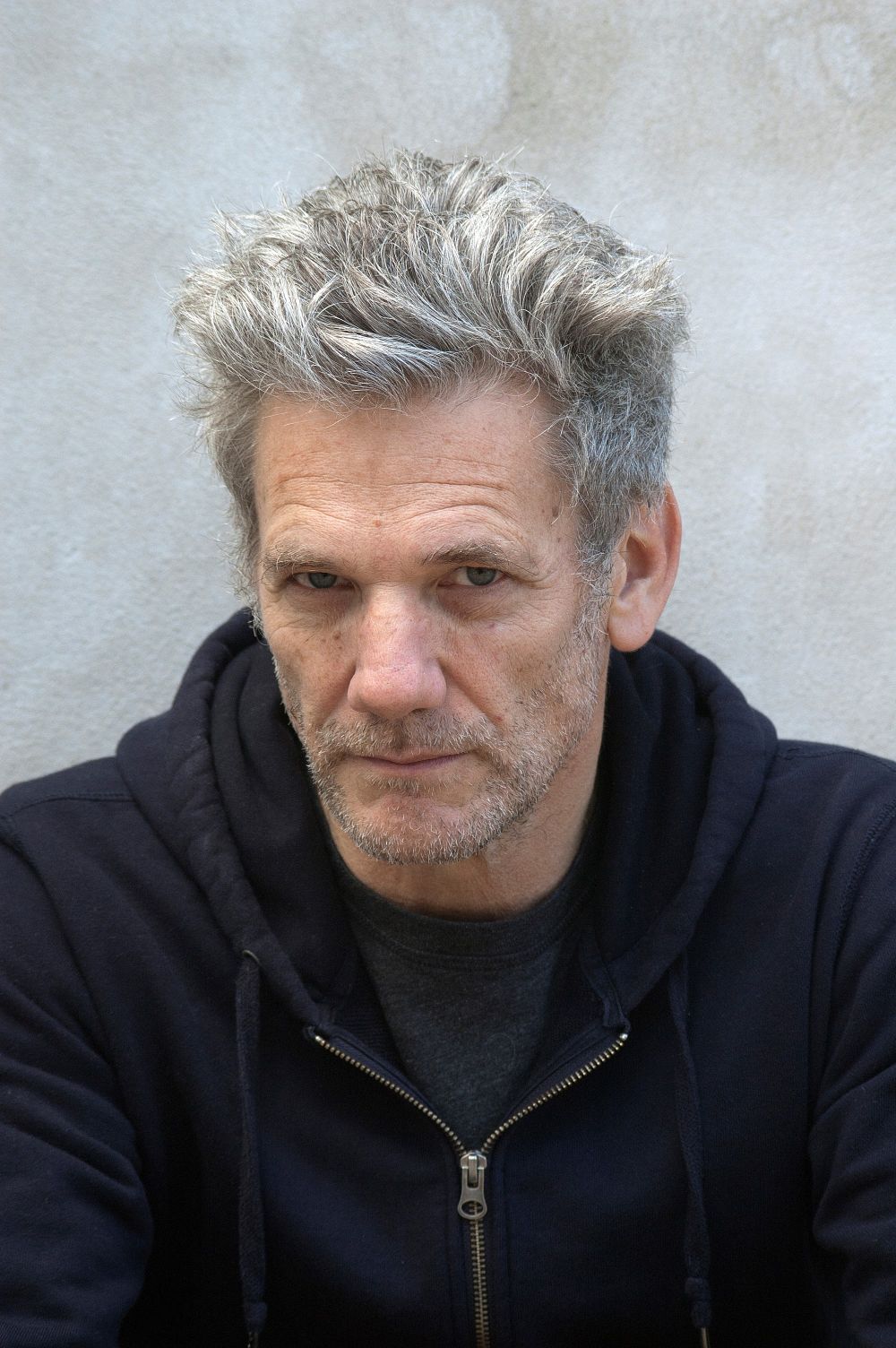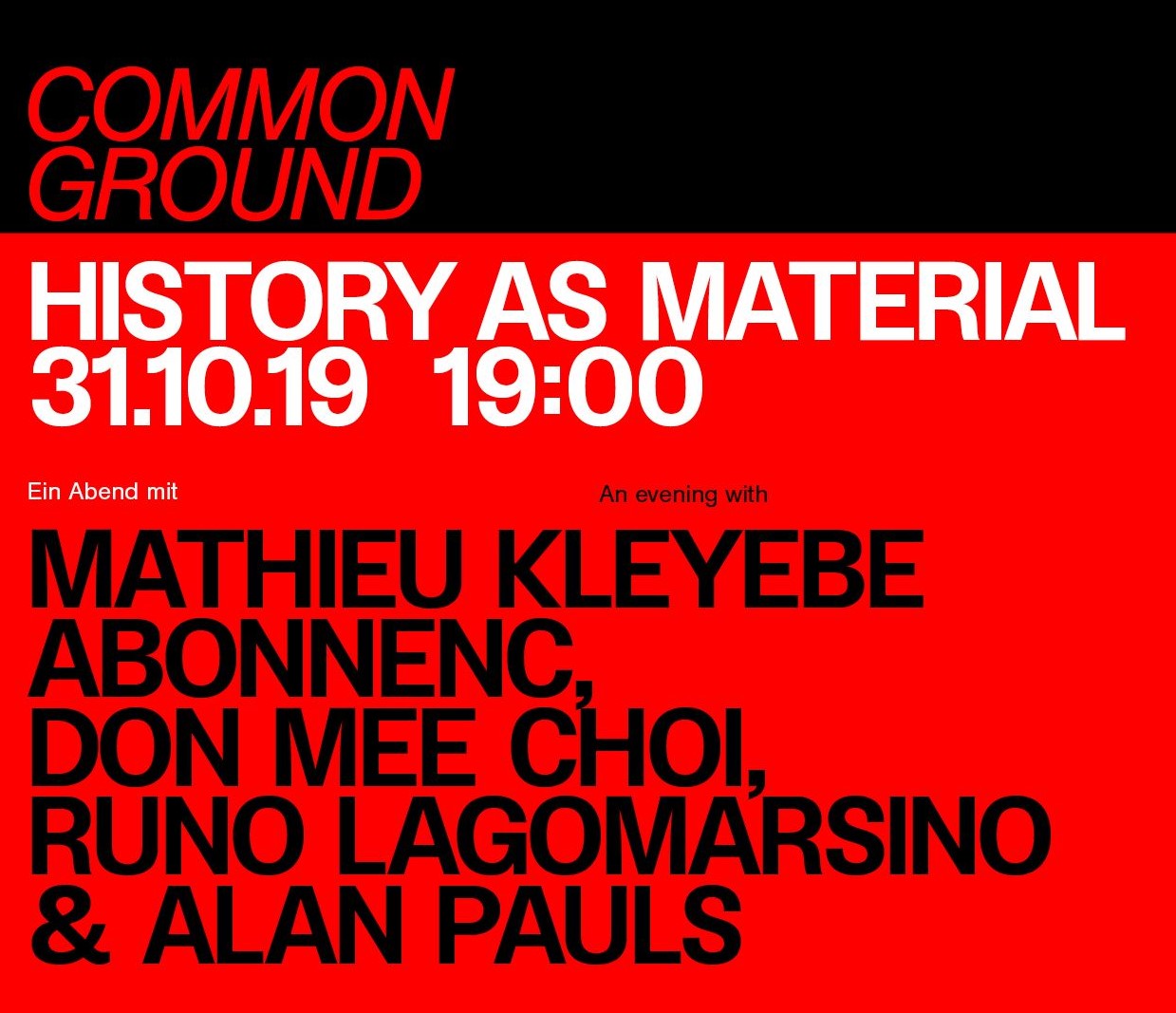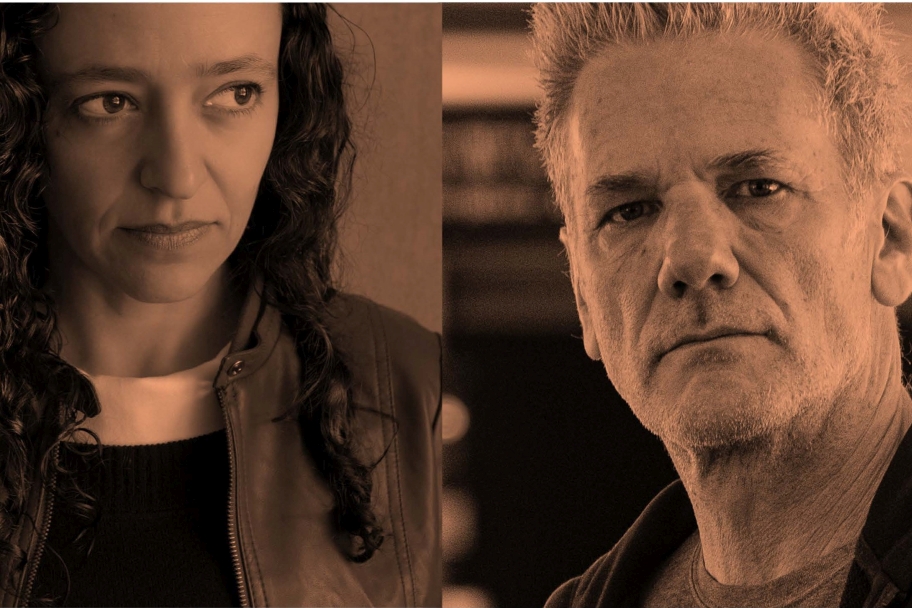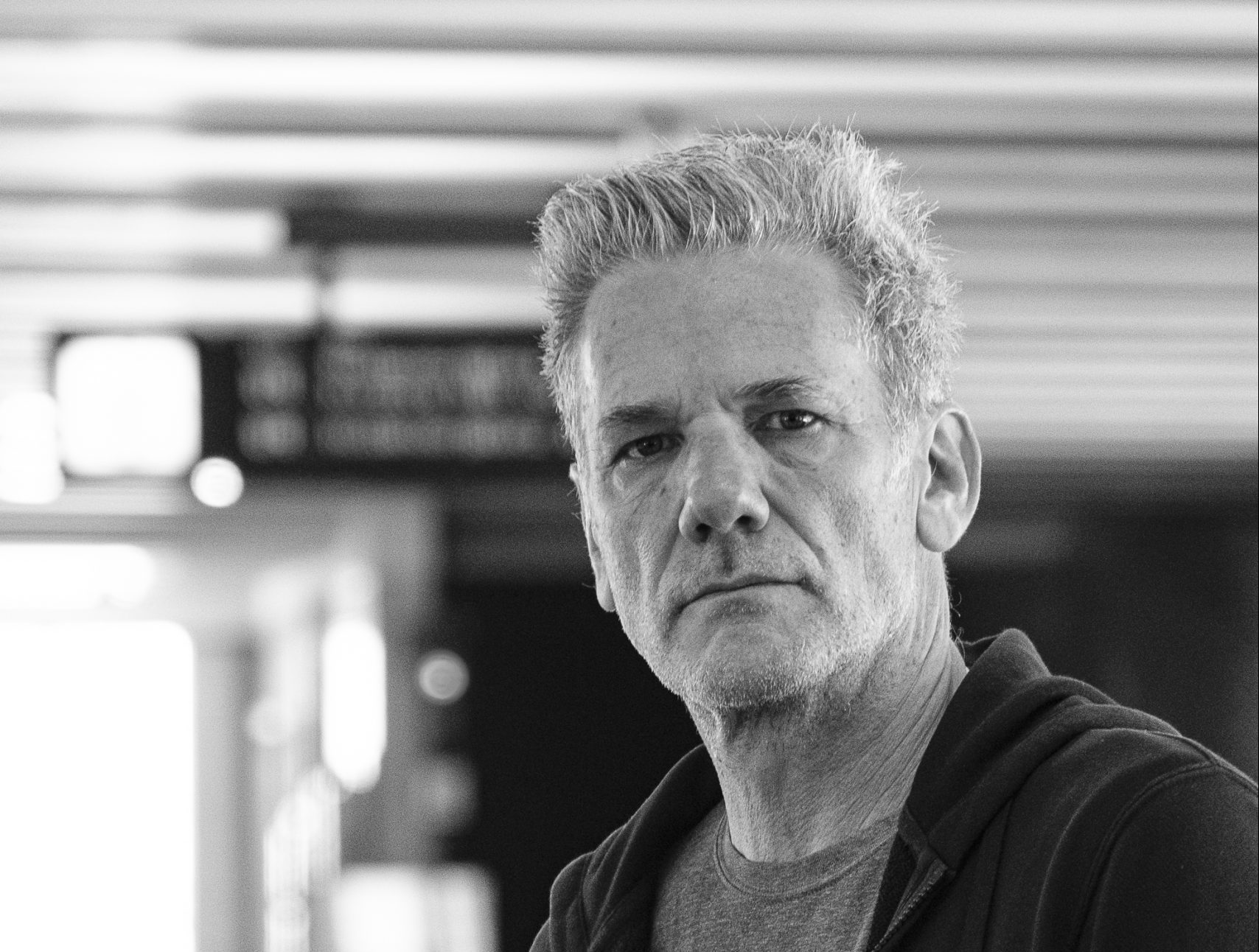Argentina, Literature, 2019
Alan
Pauls
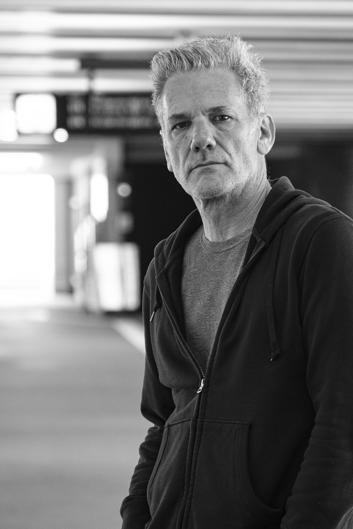
“What is ‘lived experience’ if not debatable traces, fantasies, false memories, lacunae we fill with realism or fables?” says the novelist, essayist, critic and scriptwriter Alan Pauls. Born in Buenos Aires in 1959, Pauls went on to do Literary Studies at university and later lectured there. He founded the magazine Lecturas críticas, worked as an editor for the daily paper Página/12, translated texts. He’s collaborated on various screenplays and recently conceptualized the dance-theatre piece El Baile with the choreographer Mathilde Monnier.
“I have never seen any difference between personal experience and fiction,” Pauls has reflected, and it is perhaps this awareness that led him to create novels which try to “determine where life is” exactly. His writing, in the words of the narrator in A History of Money, “…traces the frontiers – or rather reveals the invisible ones that were always there – between simulations of life and real life, shams and experiences, disguises and the naked truth.”
Pauls’ sharpest tool is the sentence, which he privileges over plot or character even as it drives these aspects of each novel. “In literary fiction, a sentence is always a world,” he’s said. His sentences stretch to paragraphs, whole pages: describing elaborately, meandering philosophically, riddling time and memory. They fulfil his wish for “sentences people could live in, swim, breath, hallucinate, sink, fall asleep, run, be afraid, etc.” They oscillate, making fabulous waves the reader can ride, but sometimes they make you swim – struggle, flail – against the tide.
With The Past (2003), which was made into a Hollywood film and widely translated, Alan Pauls achieved international recognition. The story came out of his interest in “the love experience as a disturbance, a state of instability, even a sickness.” That book was followed by his acclaimed trilogy comprising A History of Tears (2007), A History of Hair (2010), and A History of Money (2013). What these three things – tears, hair, money – have in common, Pauls says he realized much later: a tendency to be lost. The trilogy marked a turn towards an explicit, if unusual, grappling with Argentine history. “Politics interests me,” Pauls has said. “It interests me so much that for twenty years I saw myself as incapable of writing something which had the politics of my country as its subject.”
The trilogy portrays the turbulence of Argentina in the 1970s and the ongoing reverberations. A History of Money examines the nature of money through the drama of one family. Their hopes and struggles amidst constant currency devaluations force a continual reconsideration of the notion cost of living. Everywhere the narrator sees “signs of wealth, of the wealthiest of wealths, direct, immediate wealth…” and yet he cannot reliably read these signs, or find where true, lasting value resides.
With every project, whatever its subject, Alan Pauls pushes towards “the sole condition that makes life real: having the nerve to challenge everything.”
Text: Priya Basil


